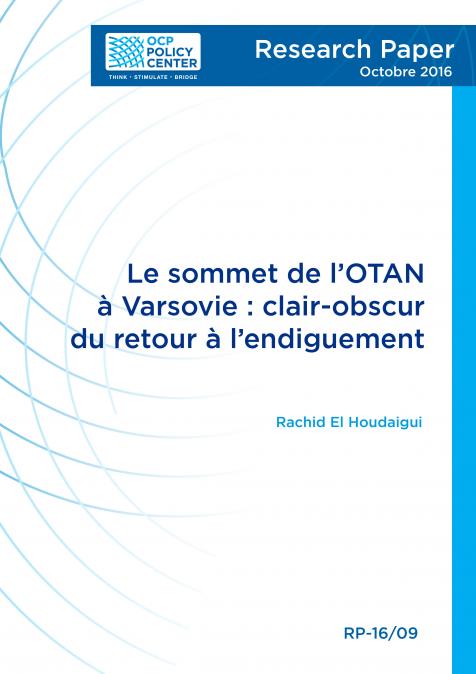Chair
- Indermit Gill, Chief Economist and Senior Vice President for Development Economics, World Bank Group
Presenter
- Montek Singh Ahluwalia, Former Deputy Chairman, Planning Commission of India
Discussants
- Rim Berahab, Senior Economist, Policy Center for the New South (PCNS)
- Ingrid Gabriela Hoven, Managing Director, GIZ – German Development Agency
- Lord Nicholas Stern, Professor and IG Patel Chair of Economics and Government, London School of Economics (LSE)
- Hasan Tuluy, Senior Associate, Centennial Group








